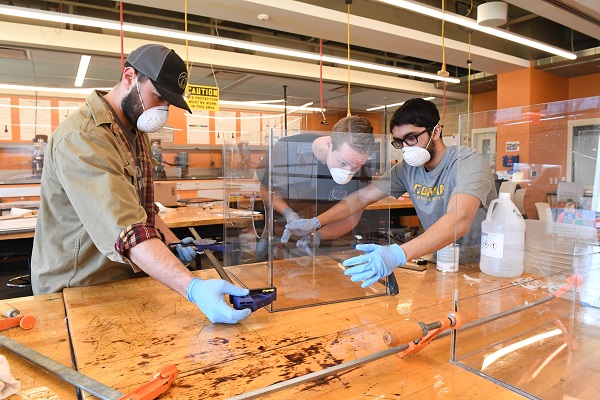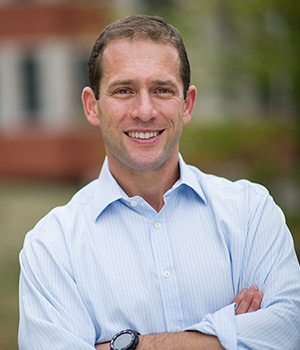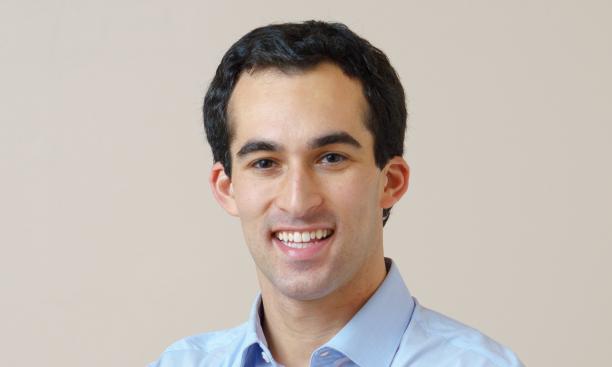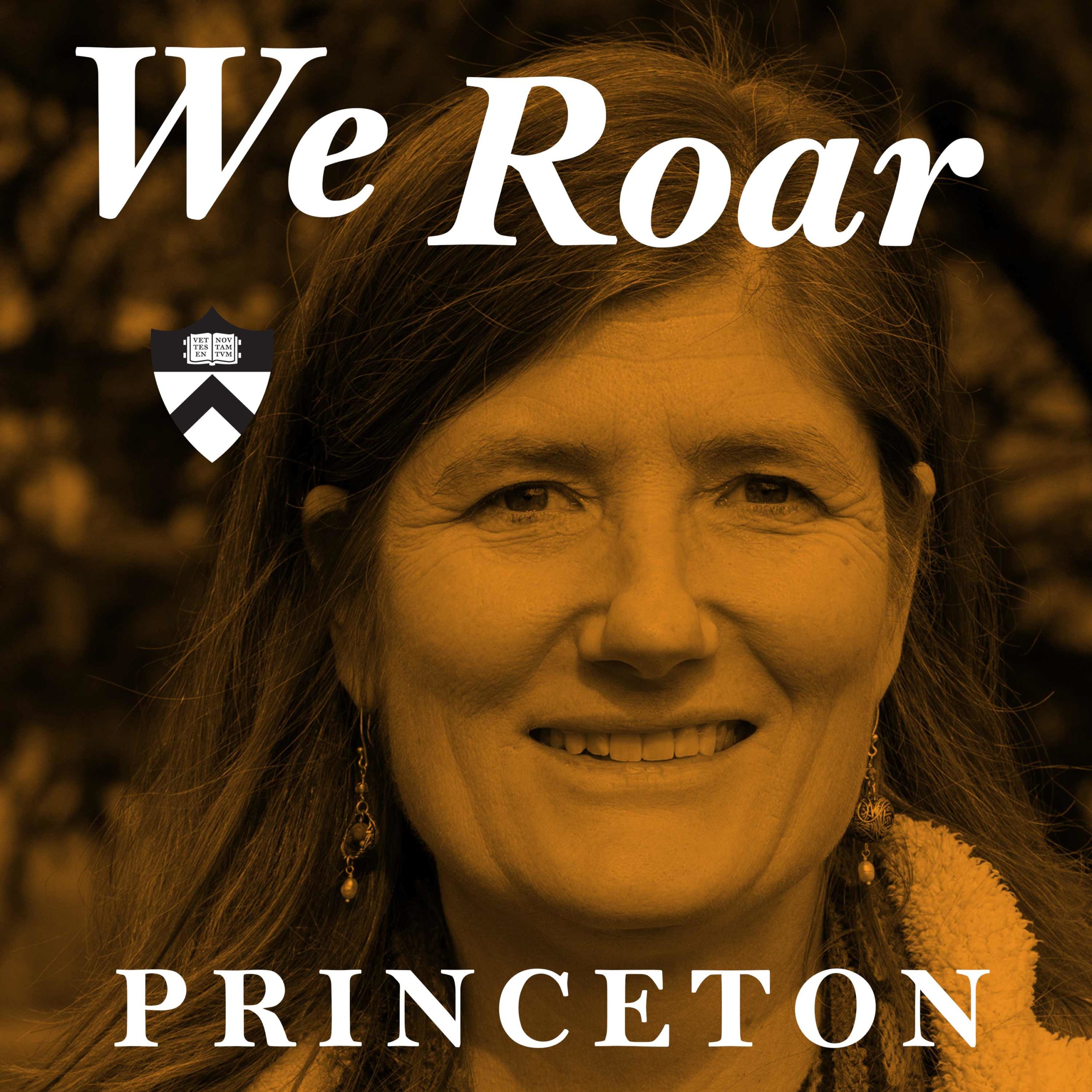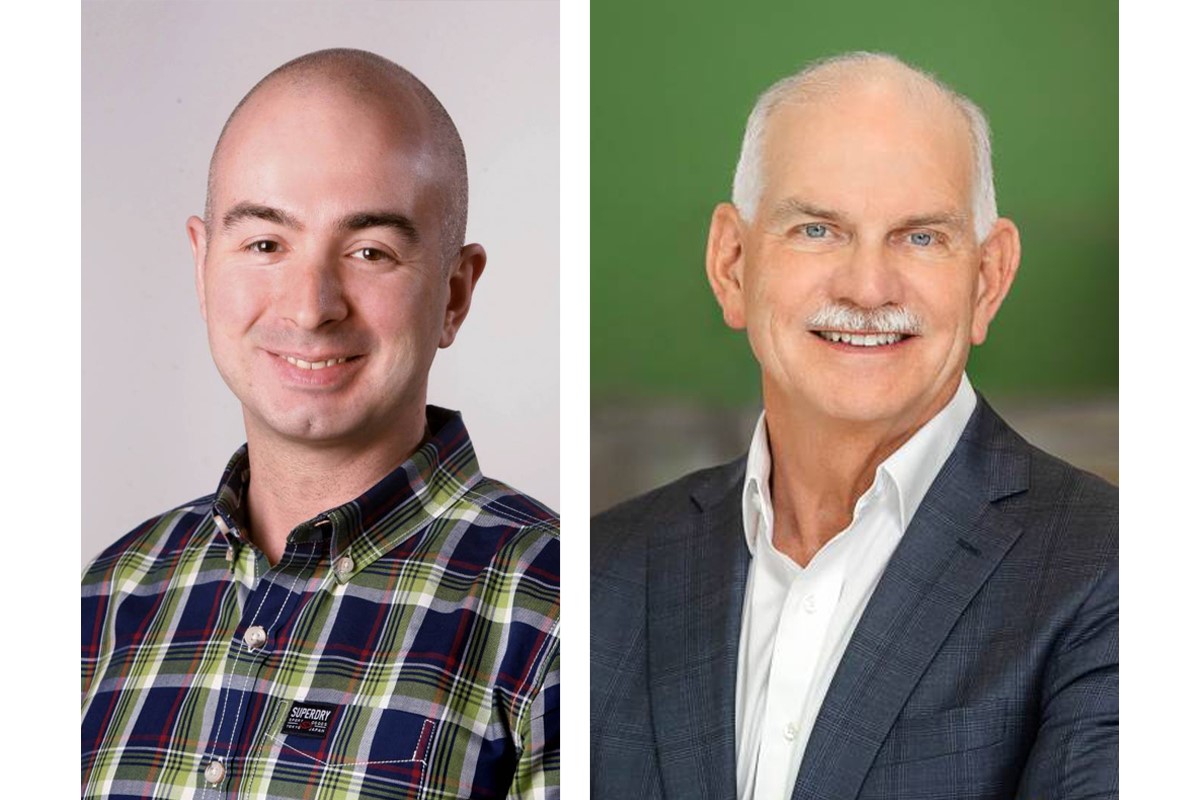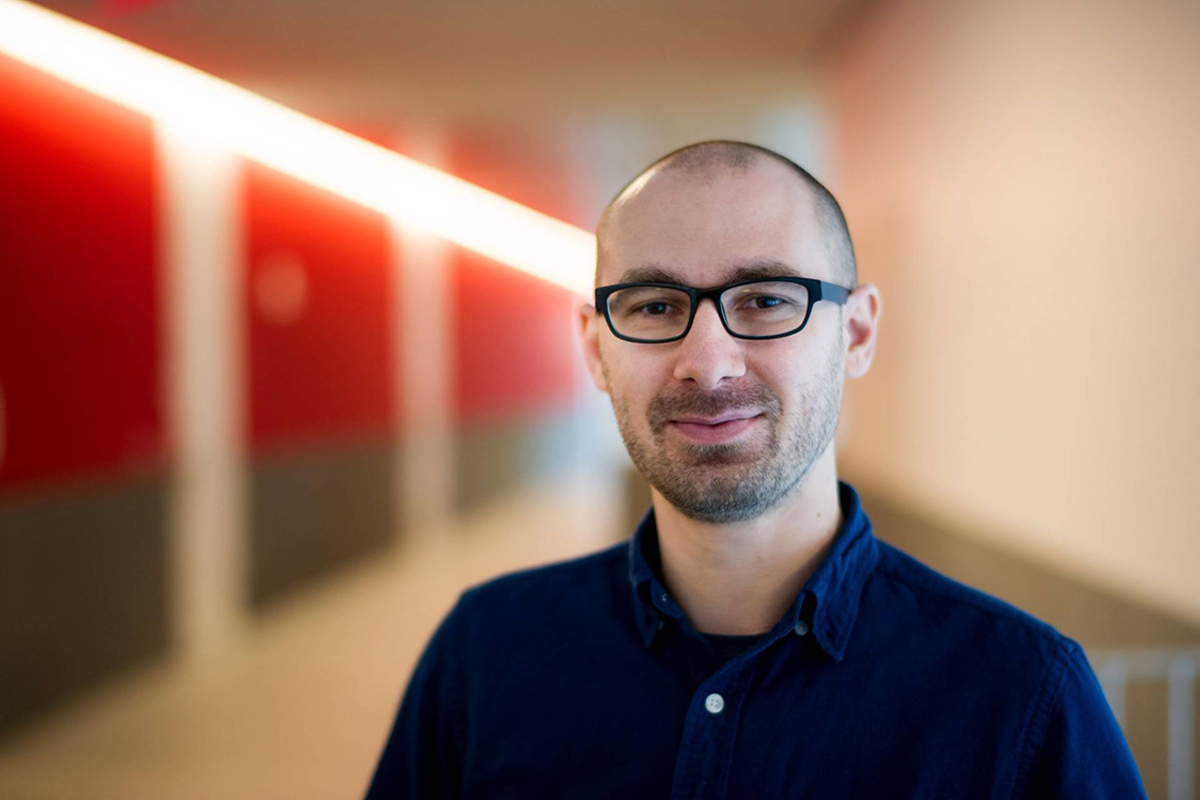Category: News
-
To Combat Covid-19, Behavioral Pitfalls Must Be Addressed
In a commentary piece for The Lancet, Princeton’s Eldar Shafir and Dr. Donald Redelmeier of the Sunnybrook Research Institute review eight behavioral pitfalls that challenge the kinds of timely, life-altering judgments that must be made during a crisis. Among the issues they explore are common human traits: a fear of the unknown, personal embarrassment and hindsight bias, among others.
-
April 25, 2020 Health Care, News, Technology
Francis Haas *16 steps up, building crucial device to protect hospital workers
When a South Jersey hospital was desperate for intubation boxes to protect its medical staff from COVID-19 infection, Francis “Mac” Haas *16 and three Rowan University seniors answered the call and manufactured dozens of devices to help keep hospitals safe.
-
Princeton Research on Covid-19 Misinformation Fuels Partnership with Microsoft Research
Jacob N. Shapiro, co-director of Princeton University’s Empirical Studies of Conflict Project and professor of politics and public affairs, leads a team of researchers and undergraduate students who are addressing the spread of COVID-19-related misinformation online, with the goal of developing better knowledge about who shares misinformation and its impact, in the hope of helping industry partners like Microsoft combat the spread of that misinformation.
-
Henri Hammond-Paul *19 Helps Keep New Jerseyans Safe
Henri Hammond-Paul *19 is a senior advisor with the N.J. Department of Health working with disaster and emergency management. Before coming to Princeton, he held crisis management and humanitarian aid positions. In this conversation with the Woodrow Wilson School of Public and International Affairs, he outlines the progression of the state’s actions, its highest priorities, long-term policy considerations, and how Princeton prepared him for his role in this crisis.
-
Pharma Investor Alex Rosen ’11 Explains the Industry’s Response to COVID-19
The pharmaceutical world wasn’t focused on infectious diseases — until now. In the battle against the coronavirus, many Americans have pinned their hopes on drug companies quickly developing vaccines and treatments. How will that change the pharmaceutical industry? It’s a question Alex Rosen ’11 can answer better than most.
-
Rethinking Earth Day Amid COVID-19: A Different Silent Spring
Director of Sustainability Shana Weber notes an unexpected side effect to our pandemic response: the resurgence of nature.
-
WWS Reacts: How Developing Countries Might Grapple with Covid-19
Covid-19 is present in rich and poorer countries alike, but the looming crisis in developing countries is far more dire, according to Melissa M. Lee, assistant professor of politics and international affairs. Dense, vulnerable populations make social distancing nearly impossible and access to clean water and health care resources are often scarce.
-
April 17, 2020 News, Research, Technology
Princeton endorses guidelines aimed at rapid transfer of COVID-19 solutions to public
Princeton has endorsed new guidelines aimed at accelerating the transition of the University’s COVID-19 discoveries into solutions to protect health care workers and to prevent, diagnose, treat and contain the pandemic. During the pandemic, most Princeton COVID-19-related innovations will be made accessible without charge to companies or other entities.
-
April 13, 2020 News, Research, Technology
NSF RAPID grant to track and contain pandemic
The National Science Foundation has awarded emergency grants to two teams of Princeton researchers developing ways to better track and contain pandemics including COVID-19. The grants were awarded through the NSF’s Rapid Response Research (RAPID) program, which provides support for scientific efforts to respond to emergencies and unexpected events.
-
April 9, 2020 Health Care, News, Research, Technology
Particle physicists design simplified ventilator for COVID-19 patients
An international team of particle physicists led by Princeton’s Cristian Galbiati paused their search for dark matter to focus on the growing demand for ventilators, needed for patients with serious cases of COVID-19. While it may sound odd for a dark matter researcher to have taken up medical manufacturing, it makes more sense when put another way: an expert in constructing sensitive instruments for compressed argon decided to experiment with compressed oxygen and nitrogen. The first 1,000 units will be constructed within the week.
-
Q&A: Laura Kahn *02 on COVID’s Spread and How We Defeat It
Laura Kahn *02, a physician and research scholar at the Woodrow Wilson School of Public and International Affairs, studies the politics of infectious disease, including how leaders can make better decisions during outbreaks and how global-health policy can better prevent and mitigate zoonotic diseases, which are transmitted from animals to humans. In this article, she answers questions about how governments should respond to such pandemics and how the world can stop them from happening again.
-
NSF RAPID grant awarded for study of how anxiety affects the spread of COVID-19 information
Princeton researchers have been awarded a National Science Foundation RAPID grant to study how anxiety about COVID-19 influences how we learn and share information about the pandemic.



